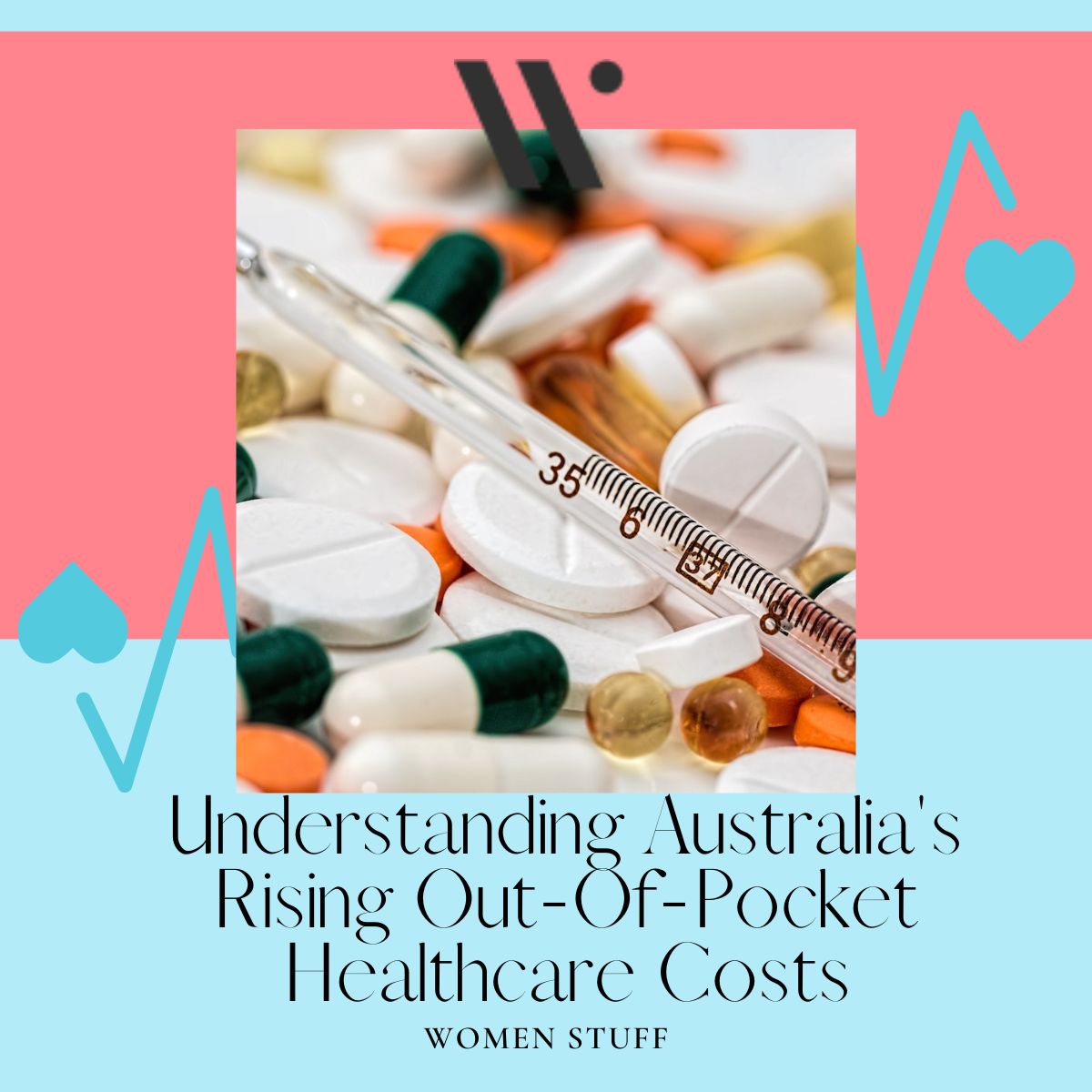
Understanding Australia’s Rising Out-Of-Pocket Healthcare Costs
For years, Australia has taken pride in its healthcare system. But now, as healthcare costs rise faster than wages, it seems we have little to be proud of.
Rising out-of-pocket costs for healthcare, particularly when it comes to specialists, are a growing concern for Australians- and yet none of the major parties have substantially addressed this issue. The cost of living crisis is a hot topic currently, and healthcare costs are rising faster than other cost of living pressures, as well as faster than wages- so why isn’t there more of a spotlight on the rising healthcare costs?
Why are out-of-pocket healthcare costs rising?
There is more demand for healthcare services than ever before, with growing numbers of people experiencing chronic illness or disease and mental illness. An ageing population, a global pandemic, and increasing costs of advanced medical technology have all contributed to the growing pressure on the healthcare industry. In addition to this, a shortage of healthcare workers, particularly nurses, has put enormous strain on the healthcare system, causing unprecedented demand.
Australian citizens can access medical care through government-owned public hospitals free of charge, but numerous incentives are in place to encourage Australians to take out private health insurance and access healthcare services owned and operated by private providers. This dual public and private system means that those who cannot pay for private care can still access healthcare through the public system. However, the public health system isn’t always adequate, and waiting lists can mean you’re waiting years to receive care, and this means that those at a socio-economic disadvantage cannot always access the healthcare they need.
Government health spending has increased by 7.3% and non-government spending by 6.4%. But the biggest increase was spending by individuals which increased by 9.3% from 2019-20, rising to $33.2 billion. In Australia, out-of-pocket fees make up a massive portion of overall health expenditure compared to other countries with similar healthcare systems. There are concerns that Australia could face a similar problem to the United States, where healthcare costs are the leading cause of bankruptcy.
What does this mean for the average Australian?
Out-of-pocket healthcare costs are anything not covered by Medicare or private health insurance. This includes doctors’ consultation fees and surgery. In 2020-21, 88.8% of GP services were bulk billed- a stark contrast to the 35.1% of specialist consultations. Around 15% of healthcare spending in Australia is attributed to out-of-pocket fees, almost double what private health insurers have contributed.
A survey found that 30% of Australians with chronic health conditions were not confident they would be able to afford necessary healthcare should they become seriously ill. The same survey showed that 14% could not afford to pay for healthcare or medicine due to a shortage of money.
There is ample evidence that, despite the continued availability of Medicare, out-of-pocket healthcare costs reduce access to healthcare. Access to healthcare relies heavily on your ability to pay out-of-pocket for it, meaning that people with lower incomes are less able to access healthcare. On average, it is the less affluent members of society that have a higher need for healthcare, and yet the rising costs mean that it is more affluent people who access and use more specialist care. Another study showed that, in one-third of families of lower socio-economic standing, 10% or more of their income is spent on healthcare. Numerous consultations and medications can add up quickly, resulting in a substantial burden for low-income families and individuals.
Those without money to spare for healthcare have less timely access to needed healthcare, having to endure long waiting times to see a specialist in a public hospital. Some have to choose between healthcare and other necessities like food. This leads to people being forced to neglect their own health, including mental health. The lack of healthcare support could be disastrous for families and individuals all over Australia. The pandemic showed us that an unhealthy population affects us all negatively.
These changes affect medical professionals too. GPs earn half as much as specialists, meaning many doctors flock to higher-earning professions, leaving a shortage of GPs. High doctor’s fees may provide skewed incentives to doctors, leading to misdiagnosis, overdiagnosis, and overtreatment.
Unfortunately, we are seeing closures of medical practices in lower-income areas as bulk billing makes these practices unviable.

What plan do the major parties have for this issue?
The coalition has promised to lower the safety net threshold for the PBS (Pharmaceutical benefits scheme), which would make medicines cheap for people who need multiple scripts per year. However, this is an area where out-of-pocket costs have already been falling for some time, at least compared with other areas.
Labor has promised new urgent care centres, providing bulk-billed services. While this will take some pressure off emergency departments, it doesn’t address the issue of increasing specialist costs.
Doctors set their own fees and decide whether to bulk-bill and given the constitutional protections they have, it isn’t realistic to expect any major parties to propose the idea of controlling what doctors can charge.
Fixing this issue may require looking at the wider picture- a broader reform of the healthcare system. But so far, this is not something that any major party has promised.
What can individuals do?
On a personal level, there are things we can do to reduce the amount we’re spending on healthcare, but it requires a bit of legwork, making it less accessible to the most vulnerable members of society.
In 2019 the Coalition introduced a price transparency website. Doctors can voluntarily upload their fees and the website provides estimates of out-of-pocket fees for private healthcare. Websites like this rely on patients shopping around to try and find the cheapest option, and while it takes away some of the element of shock when you receive your medical bill and allows us to make more informed choices, it doesn’t address the wider issue. Some of the information is also difficult to understand and it doesn’t provide any other information or data along with the estimated cost.
Of course, there is always the option to ask about cost when you book an appointment, but some patients are concerned that the quality of the care they receive will be affected if they ask about cost.
Unfortunately, this situation is a catch-22. Healthcare is disproportionately unavailable and inaccessible to those who need it most, while those who can access it generally have less need for it.





